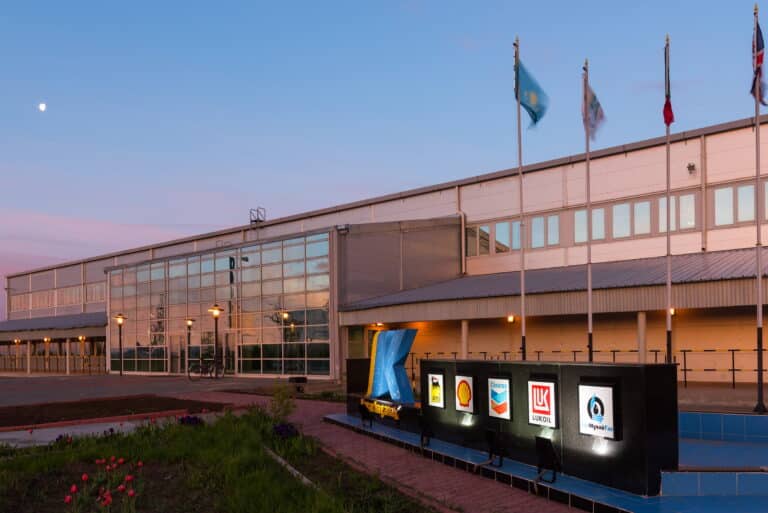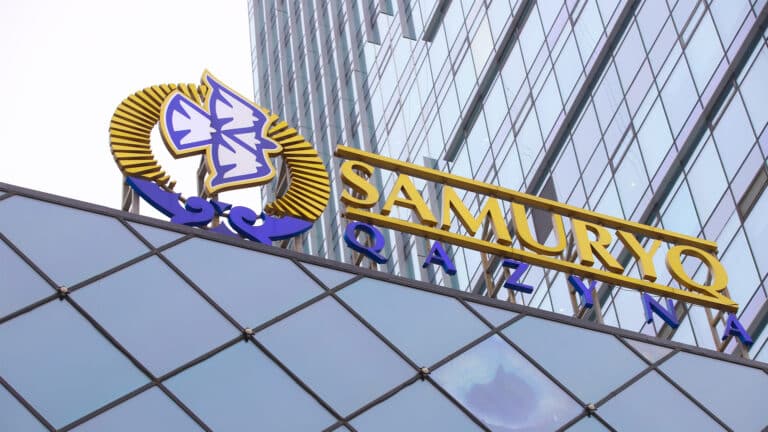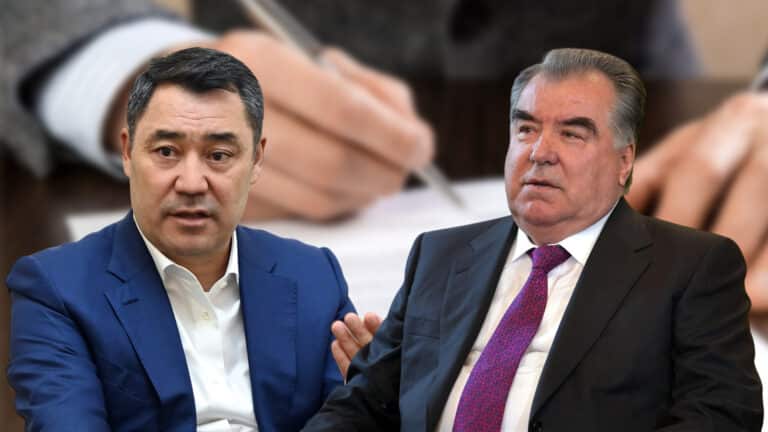
Managers of the Royce Small-Cap Total Return Fund have revealed which holdings added the most to and subtracted the most from the portfolio’s performance in the 2024 fourth quarter and full year. Royce Investment Partners, founded by Wall Street legend Chuck Royce, generally focuses on small-cap investments, while the Royce Small-Cap Total Return Fund invests in small caps that pay dividends.
Best fourth-quarter performer: Kyndryl Holdings
Kyndryl Holdings, with a market capitalization of almost $8.9 billion, brands itself as the world’s largest IT infrastructure services provider. The company was spun off from IBM in 2021.
Lead portfolio manager Miles Lewis notes that Kyndryl was the Royce Small-Cap Total Return Fund’s top contributor in the fourth quarter of 2024, when it surged 54%. On November 7 and November 21, it posted the biggest one-day gains at around 14% versus the previous closing price. Both rallies were driven by company news.
On November 6, Kyndryl reported a 6% year-over-year decline in revenue to $3.77 billion for the fiscal-2025 second quarter (ended September 30, 2024). However, total signings grew 132% to $5.6 billion, which the company highlighted as a driver of future growth.
On November 21, Kyndryl announced a $300 million share buyback program and unveiled plans to triple adjusted free cash flow to $1 billion by the end of the 2028 fiscal year. It also guided for a 370-570 basis point expansion in the adjusted EBITDA margin to 20-22% versus fiscal 2025.
According to MarketWatch, Kyndryl stock has five “buy” ratings and no “sells” among coverage analysts. Their average target price is $38.40 per share, basically level with current quotes.
Worst fourth-quarter performer: PACS Group
With a market capitalization of $2.14 billion, PACS Group invests in skilled nursing facilities, such as those providing post-stroke care. Its subsidiaries operate 315 facilities across the U.S.
PACS went public in April 2024, and by November of last year, its share price had nearly doubled. However, everything changed on November 4, when the well-known short-selling firm Hindenburg Research accused PACS of “systematically scamming taxpayer-funded healthcare programs.” The stock plummeted nearly 30% that day. It has now lost almost 40% since its IPO and about 70% since November 1, the last business day before the Hindenburg report was released.
“While we’ve so far been pleased with management’s response, the situation remains fluid, and we’re monitoring the company closely,” said portfolio manager Joe Hintz.
Still, most analysts covering PACS remain upbeat on the name, according to MarketWatch. The stock has four “buy” ratings and one “hold,” with an average target price of $29.20 per share, implying upside of more than 100% versus the current market price.
Annual performances
For 2024, the Royce Small-Cap Total Return Fund’s top contributor was Bermuda-based International General Insurance Holdings (IGI), as noted by assistant portfolio manager Jag Sriram. IGI specializes in insurance and reinsurance. It offers legal services across sectors like energy, real estate, general aviation, construction, and engineering. The stock nearly doubled in 2024. According to MarketWatch, it has an average target price of $29.00 per share, implying upside of more than 18% versus the last closing price.
The biggest detractor from the 2024 performance, according to Hintz, was cloud data analytics provider Teradata Corporation. Last year, its stock plunged nearly 30%. Company data and the stock performance chart show that every earnings report released last year triggered a drop in the share price. Teradata is shifting from an on-premises perpetual license business to a recurring cloud subscription model.
“It looks like the company may not be converting some customers to its cloud offerings as they are leaving behind its on-premise solutions,” wrote the Motley Fool.
The transition has been rockier than the Royce Small-Cap Total Return Fund had anticipated, Hinz noted. This prompted the fund to exit its Teradata position in August.
According to MarketWatch, the analysts who cover Teradata view its prospects with some caution. Only four of them rate the name a “buy,” whereas six have “hold” recommendations and three have it as a “sell.” Their average target price of $33.00 per share implies 6% upside.













